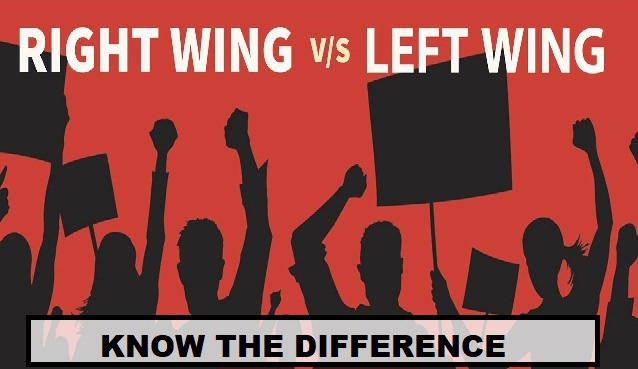By: Nicole Beswitherick
In the readings this week, we learn a lot about the differences between left and right populism – and why they aren’t the same.
In Luke March’s paper, we learn the definition and expectations of the two. He takes lots of his knowledge from Cas Mudde in saying that the influential view of populism is a ‘thin-centred’ ideology ‘that considers society to be ultimately separated into two homogeneous and antagonistic groups‘. He then lists that there is the ‘pure people’ versus the ‘corrupt elite’, and argues that politics should be an expression of the general will of the people (Mudde, 2004: 543).
Throughout the article, it is learned that right populism is primarily exclusionary, and left populism is primarily inclusionary. Basically, the right populists demarcate key groups as outsiders, and the left more so focus on policies of economic, cultural and political incorporation.
Davide Vampa helps explain the competing forms of populism and territorial politics in his writing but also helps explain the difference between left and right populism. He says there is a clear difference between the both of them in their approach to regionalism and autonomy. One represents the ‘core’ areas of the country where demands have been weaker, and the other is usually more electorally competitive in more ‘peripheral’ areas where demands have been stronger. This is in Spain, so perhaps it is different, but Vampa explains that the territorial factor seems to be the ideal element of contrast between the two forms of populism.
In Catherine Fieschi’s piece, she argues that there is no populism without democracy. To that she is correct. She helps describe what populism is by saying that it is a byproduct of democracy and it arises from a perception of betrayal of democratic promise. This helps explain why revolts against authoritarian regimes obey a different logic and don’t fall into any populist category.
Populism in recent years has undergone a renaissance on the left of the political spectrum. This is leading people to think of one of two things, according to Fieschi.
- “I like these people and so they cannot be populists”
- This is left-wing populism, so it really can’t be bad”
Overall, this week’s readings show that there is a difference in both left and right populism, and that one does not necessarily rank higher than the other.
Sources:
- Catherine Fieschi, “A Plague on Both Your Populisms” (April 19, 2012) Open Democracy https://www.opendemocracy.net/en/plague-on-both-your-populisms/
- March L. “Left and right populism compared: The British case” The British Journal of Politics and International Relations. 19(2) (2017): 282-303.
- Davide Vampa, “Competing forms of populism and territorial politics: the cases of Vox and Podemos in Spain” Journal of Contemporary European Studies vol. 28, issue 3 (2020).
- Cas Mudde and Rovira Kaltwasser, C “Exclusionary vs. inclusionary populism: Comparing contemporary Europe and Latin America” Government and Opposition 48 (2013): 147–174.
- Davide Vampa (2020) Competing forms of populism and territorial politics: the cases of Vox and Podemos in Spain, Journal of Contemporary European Studies, 28:3, 304-321,


/cdn.vox-cdn.com/uploads/chorus_asset/file/21546231/Screen_Shot_2020_07_31_at_12.05.44_PM.png)

You must be logged in to post a comment.